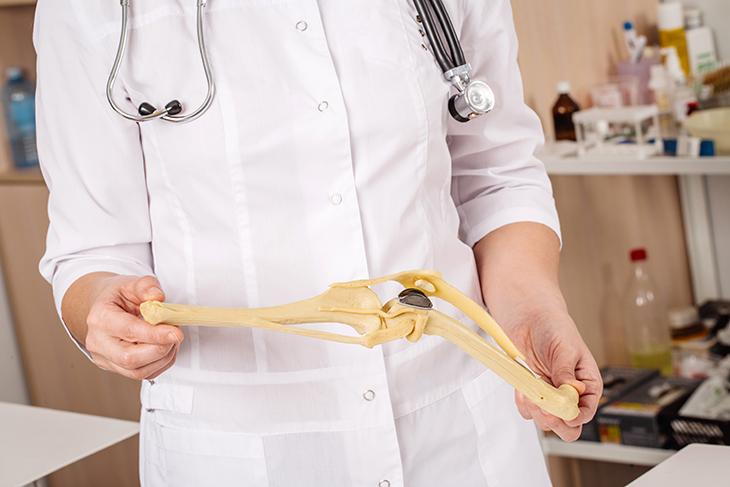Orthopedic surgery is a specialized field of veterinary medicine that focuses on conditions affecting your pet’s musculoskeletal system, including its bones, joints, ligaments, muscles, tendons, and nerves. Orthopedic surgery is performed to repair damage, correct deformities, and alleviate pain associated with various conditions.
Types of Orthopedic Surgery
While there are several kinds of orthopedic surgeries your pet’s veterinarian can perform, some of the most common procedures include:
Fracture repair: This surgery involves stabilizing broken bones using techniques like pins, plates, or screws.
Ligament repair: Your veterinarian can repair torn ligaments through suturing or reconstruction techniques.
Joint surgery: This encompasses procedures like arthroscopy for minimally invasive joint exploration and total joint replacement for severely damaged joints.
Amputation: Your veterinarian may recommend amputation in severe cases of injury, infection, or untreatable pain to improve your pet’s quality of life.

How Orthopedic Surgery Can Help Your Pets
Orthopedic surgery can address several conditions ranging from acute injuries to chronic conditions. Your veterinarian can repair fractures caused by accidents and falls, ligament tears, and dislocated joints. Joint diseases, like osteoarthritis and hip or elbow dysplasia, also require orthopedic surgery in many cases. Other conditions orthopedic surgery can treat include bone tumors and congenital deformities.
Benefits and Risks of Pet Orthopedic Surgery
Orthopedic surgery can significantly improve a pet’s quality of life by alleviating pain, restoring mobility, and correcting functional limitations. These procedures can allow pets to participate in everyday activities, like playing and going for walks. However, orthopedic procedures do carry risks similar to any other surgery. Understanding the benefits and risks involved with any surgery your veterinarian recommends is crucial for ensuring your pet receives the best treatment possible.
Contact Your Veterinarian to Learn More about Orthopedic Surgery
Early diagnosis and treatment of orthopedic conditions can prevent future complications and improve your pet’s long-term health and well-being. Call your veterinarian to determine if orthopedic surgery can alleviate your pet’s condition and enhance its quality of life.